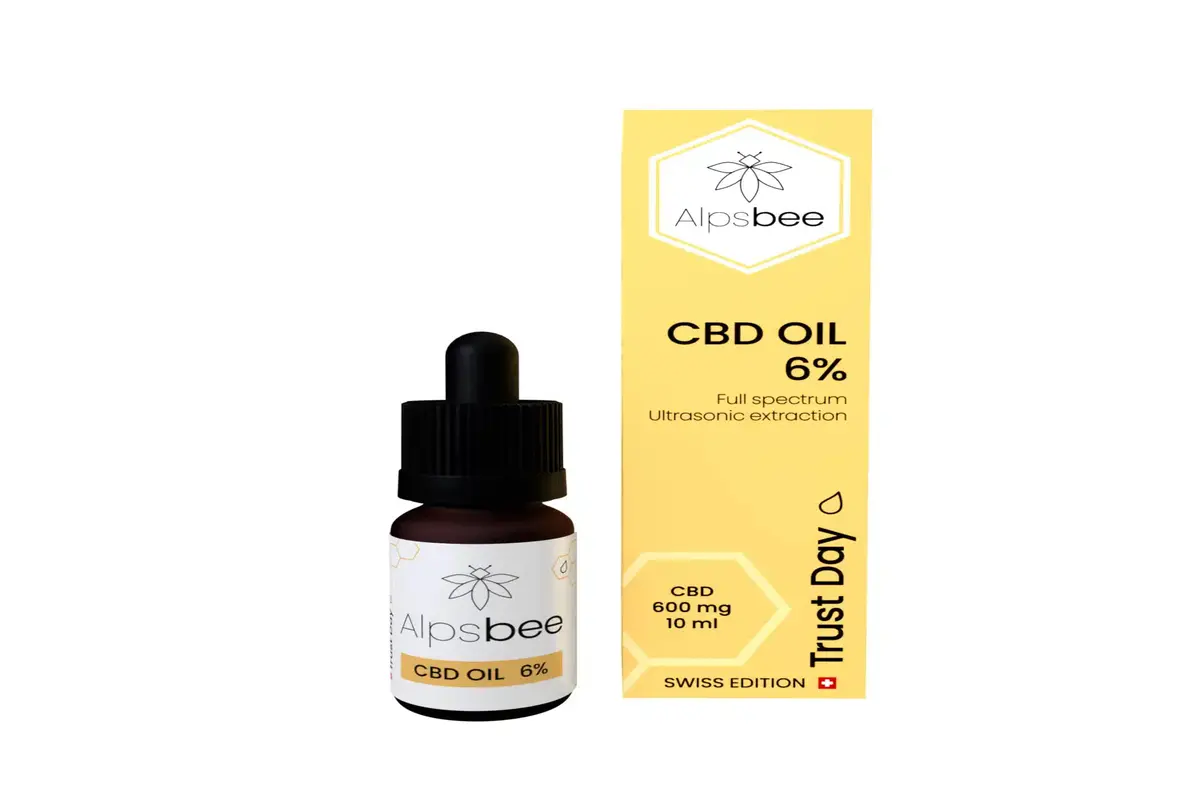CBD, or cannabidiol, has gained significant attention over recent years for its potential therapeutic benefits. Many people are curious about how CBD works and what makes it effective in treating various conditions. In this article, we’ll delve into the mechanisms of CBD, explore its potential therapeutic applications, and provide insights from experts in the field. Our aim is to present the information straightforwardly and engagingly, even for those new to the topic.
Understanding CBD and the Endocannabinoid System
CBD is one of over 100 cannabinoids found in the cannabis plant. Unlike THC (tetrahydrocannabinol), CBD does not have psychoactive properties, meaning it doesn’t make you feel “high.” Instead, CBD interacts with the body’s endocannabinoid system (ECS), a complex cell-signaling system identified in the early 1990s by researchers exploring THC.
The ECS plays a crucial role in regulating a range of functions and processes, including sleep, mood, appetite, memory, and pain sensation. It consists of endocannabinoids, receptors, and enzymes:
- Endocannabinoids are molecules produced by your body that are similar to cannabinoids found in cannabis.
- Receptors are found throughout the body and are of two main types: CB1 receptors, predominantly in the central nervous system, and CB2 receptors, mostly in the peripheral nervous system.
- Enzymes break down endocannabinoids once they have carried out their function.
How Does CBD Interact with the ECS?
Unlike THC, which binds directly to CB1 receptors, CBD doesn’t bind strongly to either CB1 or CB2 receptors. Instead, it influences the ECS indirectly:
- Inhibition of FAAH: CBD inhibits the enzyme FAAH, which breaks down anandamide, an endocannabinoid often referred to as the “bliss molecule.” Higher levels of anandamide can improve mood and reduce pain.
- Activation of TRPV1 receptors: These receptors play a role in regulating pain, body temperature, and inflammation.
- Serotonin receptors: CBD interacts with serotonin receptors (5-HT1A), which can influence mood and anxiety.
Expert Opinion
Dr. Ethan Russo – Neurologist & Cannabis Researcher
“Dr. Russo emphasizes the potential of CBD to modulate the endocannabinoid system and influence various physiological processes. This modulation can potentially lead to therapeutic effects, although more research is needed to fully understand these mechanisms.”
[Look for Dr. Ethan Russo’s articles on CBD’s mechanisms of action]
Potential Therapeutic Benefits of CBD
1. Pain Relief
One of the most well-documented uses of CBD is for pain relief. The anti-inflammatory properties of CBD can help reduce inflammation and interact with neurotransmitters to alleviate pain.
Personal Anecdote
I remember my first experience with CBD oil after a long day of physical activity. I had intense muscle soreness that wouldn’t go away with typical over-the-counter pain relievers. A friend recommended trying CBD oil. Within an hour of application, the pain started to subside, and I felt significantly more comfortable.
2. Anxiety and Stress Reduction
CBD has shown promise in reducing anxiety and stress. It interacts with the serotonin receptors in the brain, which are linked to mood regulation.
Expert Opinion
“Project CBD offers a balanced perspective on CBD’s therapeutic potential. They explain how CBD interacts with the endocannabinoid system, potentially influencing various bodily functions, but emphasize the need for more conclusive research on specific conditions.”
3. Anti-Inflammatory Effects
CBD’s anti-inflammatory properties can be beneficial in treating conditions like arthritis and other inflammatory diseases. By reducing inflammation, CBD can help alleviate pain and improve the quality of life for those suffering from chronic inflammatory conditions.
Studies
- A Review of Studies on the Anti-Inflammatory Effects of CBD: This study explores the potential anti-inflammatory properties of CBD and possible underlying mechanisms. While not definitive, it provides insights into how CBD might influence inflammation.
4. Neuroprotective Properties
Research suggests that CBD may have neuroprotective properties. This means it could potentially protect the brain from damage and degeneration, making it a promising treatment for neurological conditions such as epilepsy and multiple sclerosis.
Expert Opinion
“Dr. Joseph Maroon focuses on research into cannabinoids for neurological conditions. While not directly addressing CBD flower smoking, his research explores the potential therapeutic applications of cannabis, which may indirectly relate to user experiences.”
[Look for Dr. Joseph Maroon’s interviews on cannabinoids]
5. Improved Sleep
CBD may help improve sleep quality by reducing anxiety and pain, which are common barriers to restful sleep. Some studies also suggest that CBD interacts with receptors in the brain that govern the body’s sleep/wake cycles.
6. Skin Health
Topical CBD products have been shown to help with various skin conditions such as acne, eczema, and psoriasis. The anti-inflammatory properties of CBD can reduce redness and irritation, while its antioxidant properties can protect the skin from environmental stressors.
How to Use CBD
Methods of Consumption
CBD can be consumed in several ways, each with its own benefits and drawbacks:
- Oils and Tinctures: These are typically placed under the tongue and absorbed into the bloodstream. They offer a quick onset of effects.
- Edibles: These include gummies, capsules, and other food products infused with CBD. They provide a longer-lasting effect but take longer to kick in.
- Topicals: Creams, balms, and lotions infused with CBD can be applied directly to the skin. They are ideal for localized relief of pain and inflammation.
- Vaping and Smoking: These methods provide the fastest onset of effects but may not be suitable for everyone due to potential lung irritation.
Dosage
Determining the right dosage of CBD can be challenging as it varies based on individual factors such as body weight, metabolism, and the condition being treated. It’s always best to start with a low dose and gradually increase it until the desired effects are achieved.
Safety and Side Effects
CBD is generally well-tolerated, but some people may experience side effects such as dry mouth, diarrhea, reduced appetite, drowsiness, and fatigue. It’s important to consult with a healthcare provider before starting CBD, especially if you are taking other medications.
Expert Opinion
“The Mayo Clinic offers a balanced view on CBD oil. They acknowledge potential benefits for certain conditions but emphasize the lack of conclusive evidence and potential side effects. They advise consulting a doctor before using CBD oil.”
Conclusion
The therapeutic benefits of CBD are promising, with potential applications ranging from pain relief and anxiety reduction to improved sleep and skin health. By interacting with the endocannabinoid system, CBD can influence various bodily functions and provide relief from a range of conditions.
While personal anecdotes and preliminary studies highlight the potential of CBD, it’s important to approach its use with caution and consult with healthcare professionals to determine the best approach for your individual needs. As research continues, our understanding of CBD and its therapeutic benefits will undoubtedly expand, offering even more insights into this versatile compound.
By following expert advice and being mindful of your body’s response, you can effectively incorporate CBD into your wellness routine and potentially experience its many benefits.





